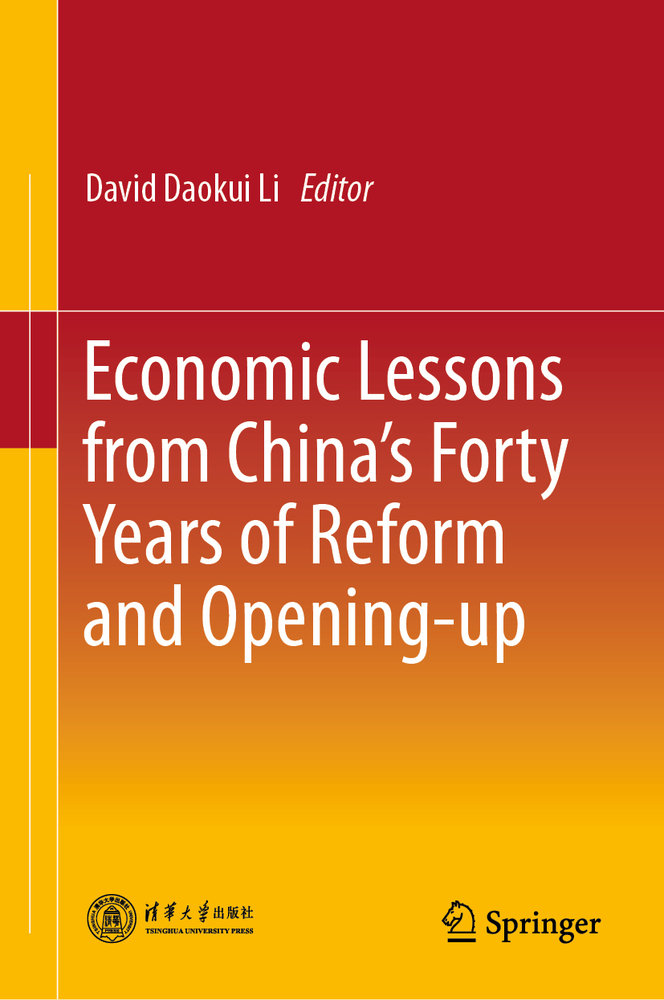This book first shows that the past 40 years of China's economic reform and opening up represents the greatest magnitude of economic growth in history. Based on field trips, extensive and intensive interviews and literature surveys, this book argues that there are five general lessons for a rapid growing economy from China's economic reform and opening up, all in the area of the relationship between the government and the economy. First, the local governments need to be incentivized to help rapid entry and development of enterprises. Second, local governments need to be incentivized to help rapid land conversion from agricultural to non-agricultural. Third, financial deepening is vital; that is, inducing households to hold more and more financial assets in local currency. Financial deepening is essential to convert savings into investments. This requires financial stability, which is crucial. Fourth, the learning through opening up is the key to endogenous economic growth. The fundamental benefit of opening up is learning rather than enjoying comparative advantage. The fifth and final lesson from China is that the central government must proactively manage the macroeconomy. The rationale is that enterprises compete with each other in games of industrial organization. In order to resolve this problem, proactive measures including market-oriented means, administrative orders and reform measures should be implemented.
Overall, the main lesson from China's past 40 years of reform and opening up is that proper incentives and behavior of the government, local and central, are important for economic growth. China has been conducting reforms in this regard and as a result, the government more or less has been playing the role of a "helping hand" regarding economic growth, although China's economic system is far from perfect and many reforms are still needed.



